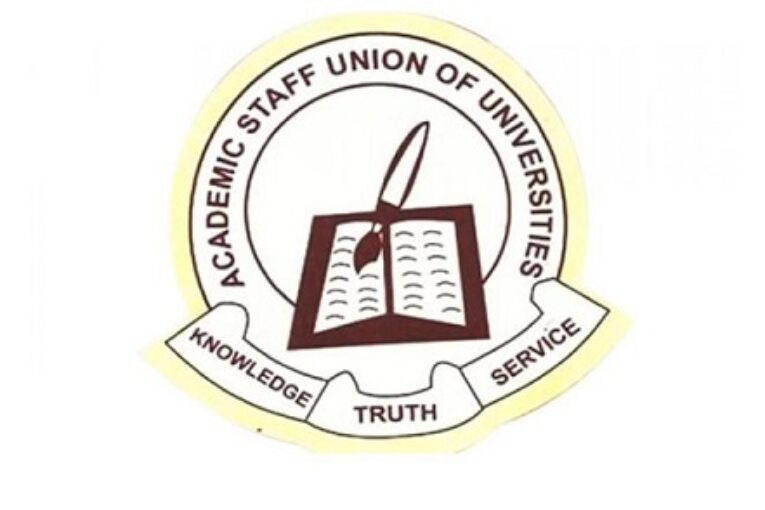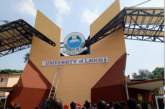
The Academic Staff Union of Universities said it will embark on a strike action if the tax reform bill is implemented for tertiary education institutions.
This was in response to provisions within the Nigeria Tax Reform Bill 2024, currently before the National Assembly.
The bill includes a key issue in Section 59 (3) of the Nigeria Tax Bill 2024, which details how the Development Levy, an education tax that currently funds TETFund, will be distributed starting in 2025.
According to the proposed bill, TETFund will receive 50 per cent of the Development Levy in 2025 and 2026, with NITDA, NASENI, and NELFUND receiving the remaining percentages. However, by 2030, NELFUND is set to receive 100 per cent of the levy, while TETFund, NASENI, and NITDA will receive nothing.
National President, ASUU, Prof. Emmanuel Osodeke, in an interview with our correspondent, stated that if the proposed bill, which included plans to phase out TETFund by 2030, was implemented, Nigerian public universities, polytechnics, and colleges of education would become defunct.
He revealed that TETFund was the only source of funding for tertiary educational institutions.
Osodeke said, “If the tax reform bill is implemented, all Nigerian public universities, polytechnics, and colleges of education will collapse because the bill intends to scrap TETFund by 2030, which is the only source of funding for tertiary institutions. This also means that all of ASUU’s efforts over the years on TETFund will be in vain and we will not allow that to happen, we are ready to fight the reform with strikes, we are ready for the government on this. This is why we are saying we cannot allow our universities to be destroyed the way public primary and secondary schools were destroyed.”
Also speaking, the National President of the Senior Staff Association of Nigerian Universities, Mr Mohammed Ibrahim, who was recently re-elected, reiterated that SSANU opposes the tax reform bill.
He emphasised that without funding from TETFund, many institutions would have collapsed due to the lack of basic facilities.
“Regarding the tax reform bill, we are not in support of it. The government should conduct broader consultations and seek input from experts. This bill aims to phase out TETFund, but our universities currently rely heavily on TETFund for survival. “No university today can claim to conveniently pay its electricity bills. The government needs to move beyond rhetoric and address the realities on the ground if they genuinely wants to impart knowledge to citizens and ensure the continued existence of public tertiary institutions.
“Challenges keep arising; if it’s not striking, it’s dilapidated structures, insecurity, insufficient funding, or hikes in student fees. With reduced funding, universities will struggle to survive.”
Meanwhile, he added that his members were languishing in hunger as the Federal Government had not paid November salaries.
“We have not received our November salary due to the migration from IPPIS to GIFMIS. The Federal Government now uses GIFMIS, and we were supposed to transition with our November salary. However, universities operated by the Federal Government were instructed to handle payroll and obtain payments from the government. Workers are suffering, and the issue lies entirely with the Office of the Accountant General.”




